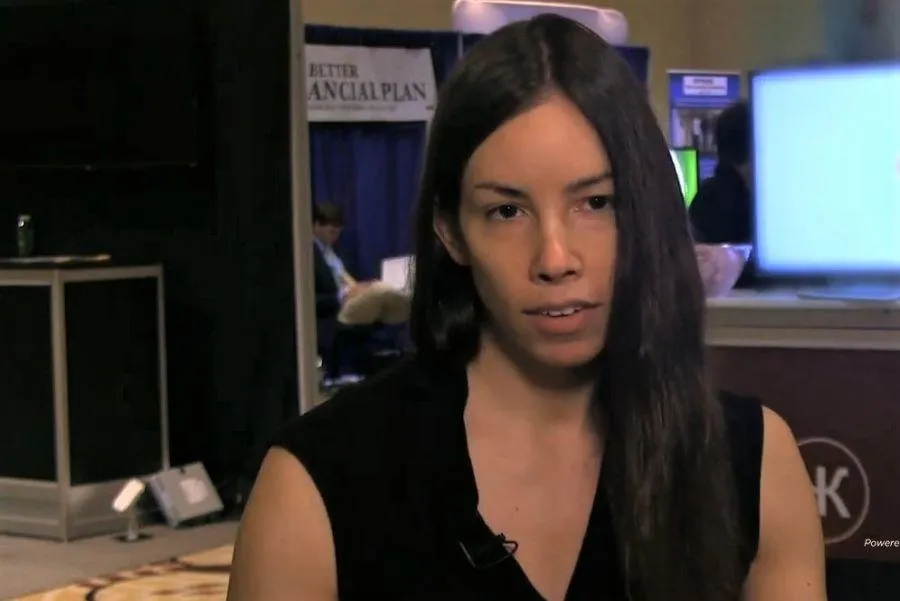The United States is now dealing with the looming debt ceiling deadline, which has received a lot of attention. Some analysts, though, suggest that the main problem is what happens once the debt ceiling is raised. Lynn Alden and Mark Moss, renowned financial analysts, offer insight on the probable obstacles that the US economy will face in the next months. They talk about the risk of a liquidity crisis, the necessity for unorthodox methods, and the possibility of financial repression. These changes could have far-reaching implications for investors and the broader economic stability.
Alden notes that the US economy has seen four decades of falling interest rates, soaring equity prices, and rising debt as a percentage of GDP. She contends, however, that the "nice coasting scenario" is coming to an end as interest rates stabilise and asset prices struggle to climb. Massive deficits exacerbate the situation, predicting a difficult period ahead. Alden draws comparisons to the 1940s, emphasising the importance of understanding previous periods of heavy debt in order to effectively manage the current economic context.
With debt-to-GDP ratios near historic highs, the US government may resort to financial repression to handle the situation. This policy, according to Alden, tries to keep investors and depositors trapped inside the failing traditional banking system and away from alternative assets like as Bitcoin. Moss emphasises the use of fear and safety narratives to justify such policies, which parallel the practises of certain underdeveloped countries. While these strategies may be novel for industrialised countries such as the United States, past instances provide insight into prospective macro shifts and hazards.
The Treasury Department's infusion of liquidity into the market has offset the Federal Reserve's move to tighten policies and lower the balance sheet, known as quantitative tightening. However, if the debt ceiling issue is resolved, the Treasury will be unable to counteract the tightening measures, potentially resulting in a liquidity crisis. According to Alden, the Federal Reserve may have to reassess its policies, such as discontinuing quantitative tightening, or the Treasury may have to resort to unorthodox measures, such as issuing a huge amount of short-term bills, to fund large deficits.
Both Alden and Moss anticipate that the United States will face additional economic issues in the second part of this year or early in 2024. Moss expects the Federal Reserve to print additional money, as it did during the Great Financial Crisis and the recent pandemic. They also warn of an impending barrage of repressive measures aimed at keeping cash within the failing financial system, discouraging investors from pursuing safe-haven assets such as Bitcoin.
As the United States approaches the debt ceiling deadline and the unknown aftermath, financial specialists such as Lynn Alden and Mark Moss present sobering assessments of the US economy. Their review emphasises the importance of anticipating foreseeable issues such as liquidity limitations and financial regulation. As investors navigate unfamiliar territory, it is critical to evaluate alternative assets such as Bitcoin to protect against the potential implications of four decades of economic patterns catching up with the country.
This article was proofread by ChatGPT.
Source:
Savvy Finance, 23 May 2023, Buy Bitcoin Because A Huge Storm Is Coming - Lyn Alden & Mark, 
